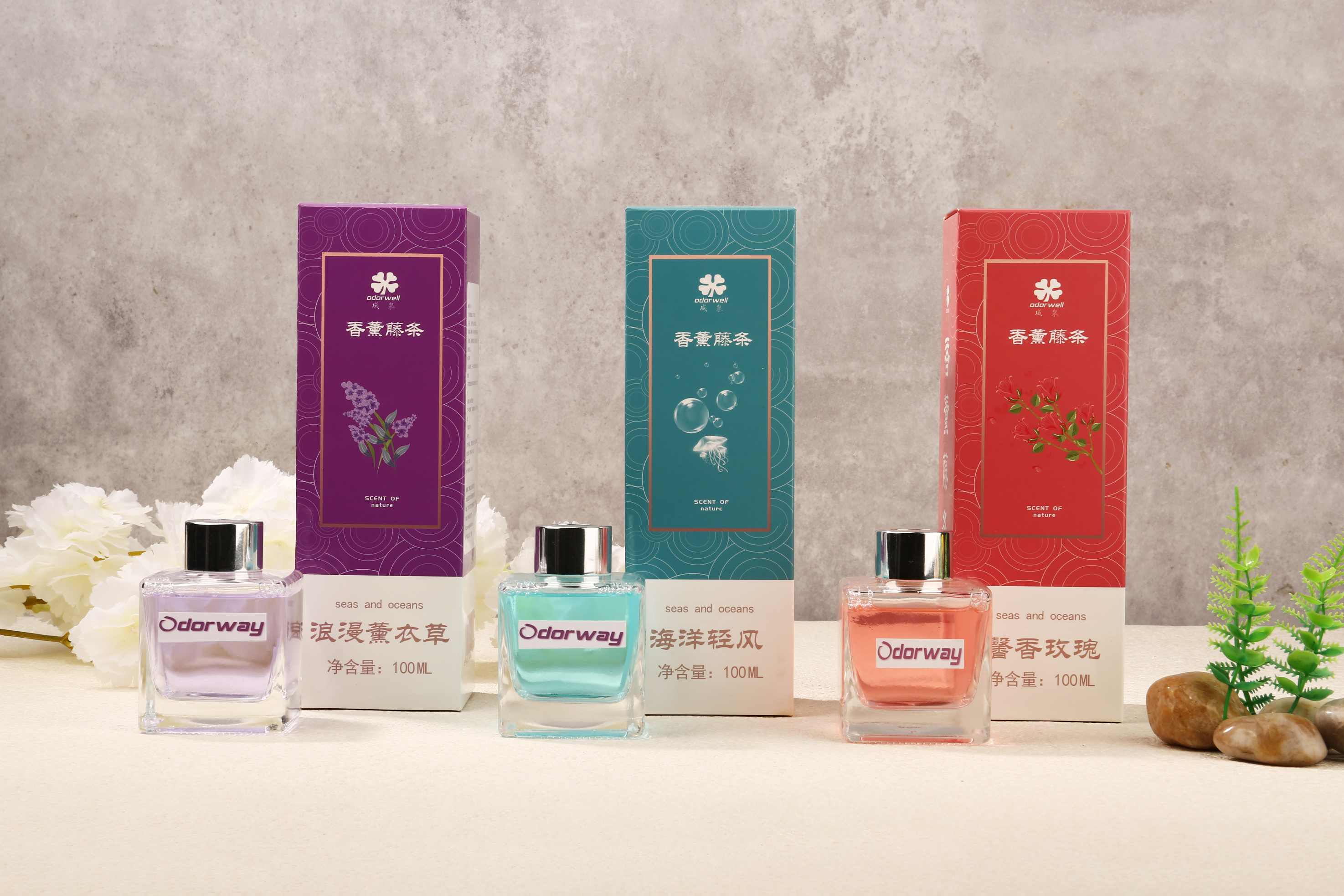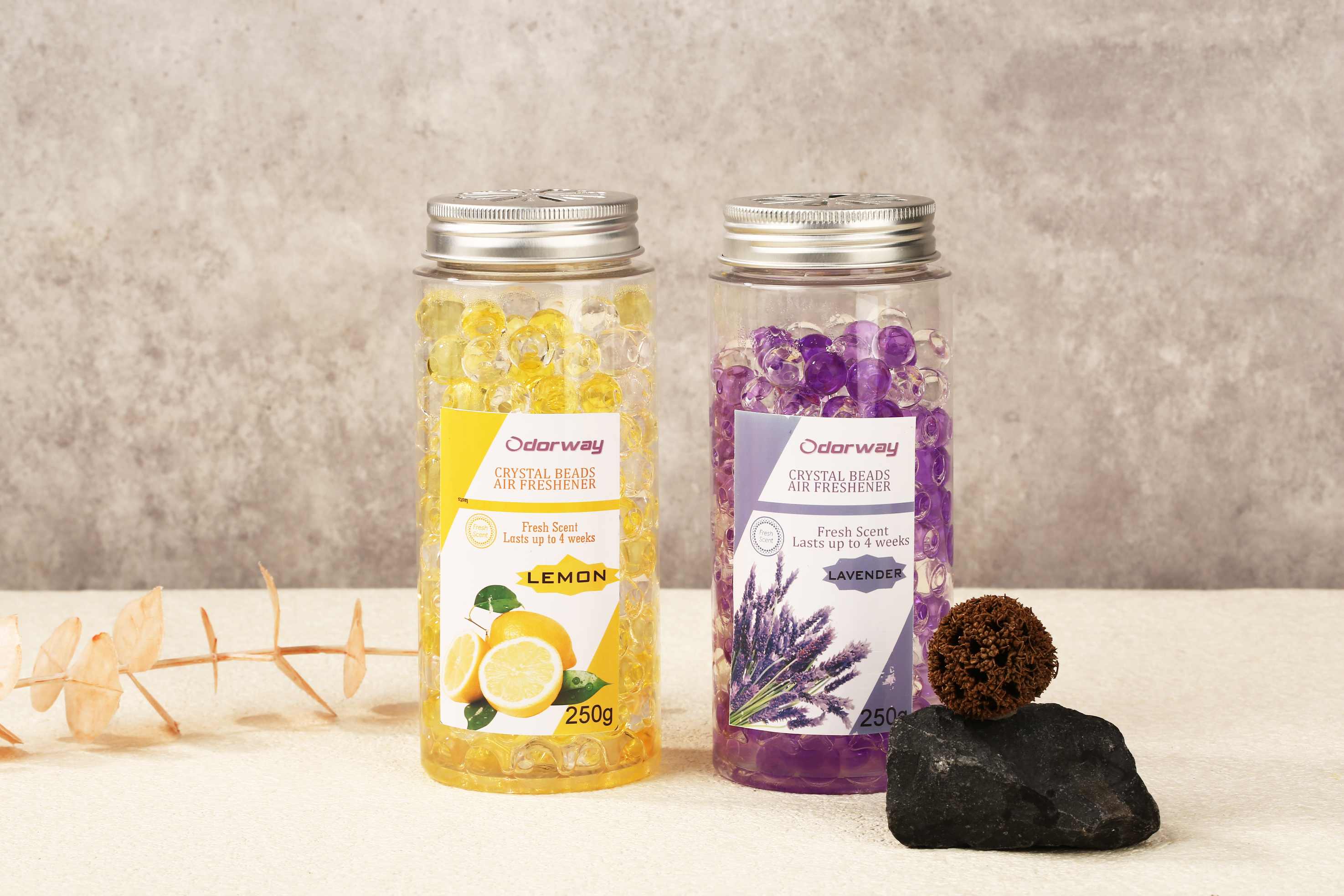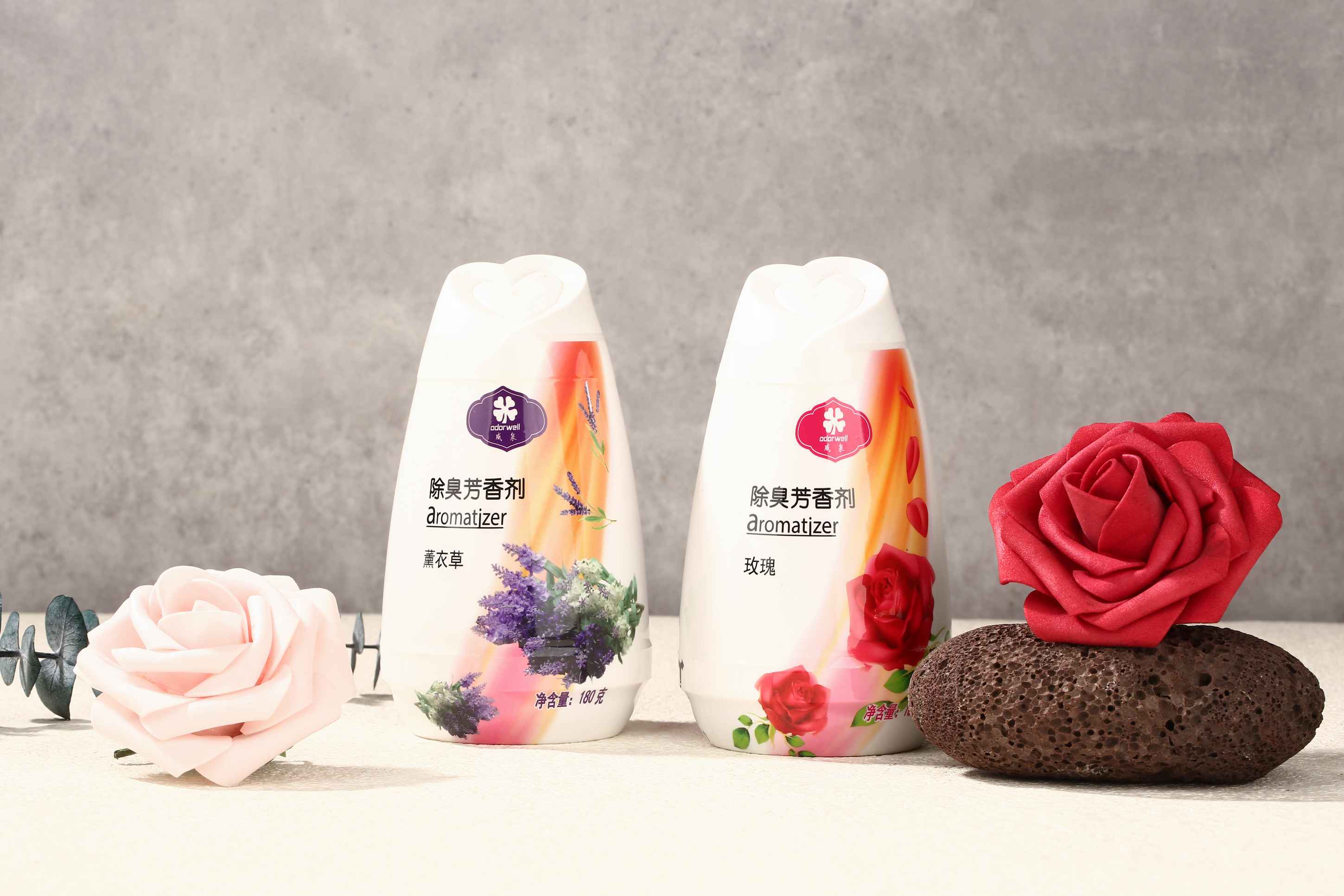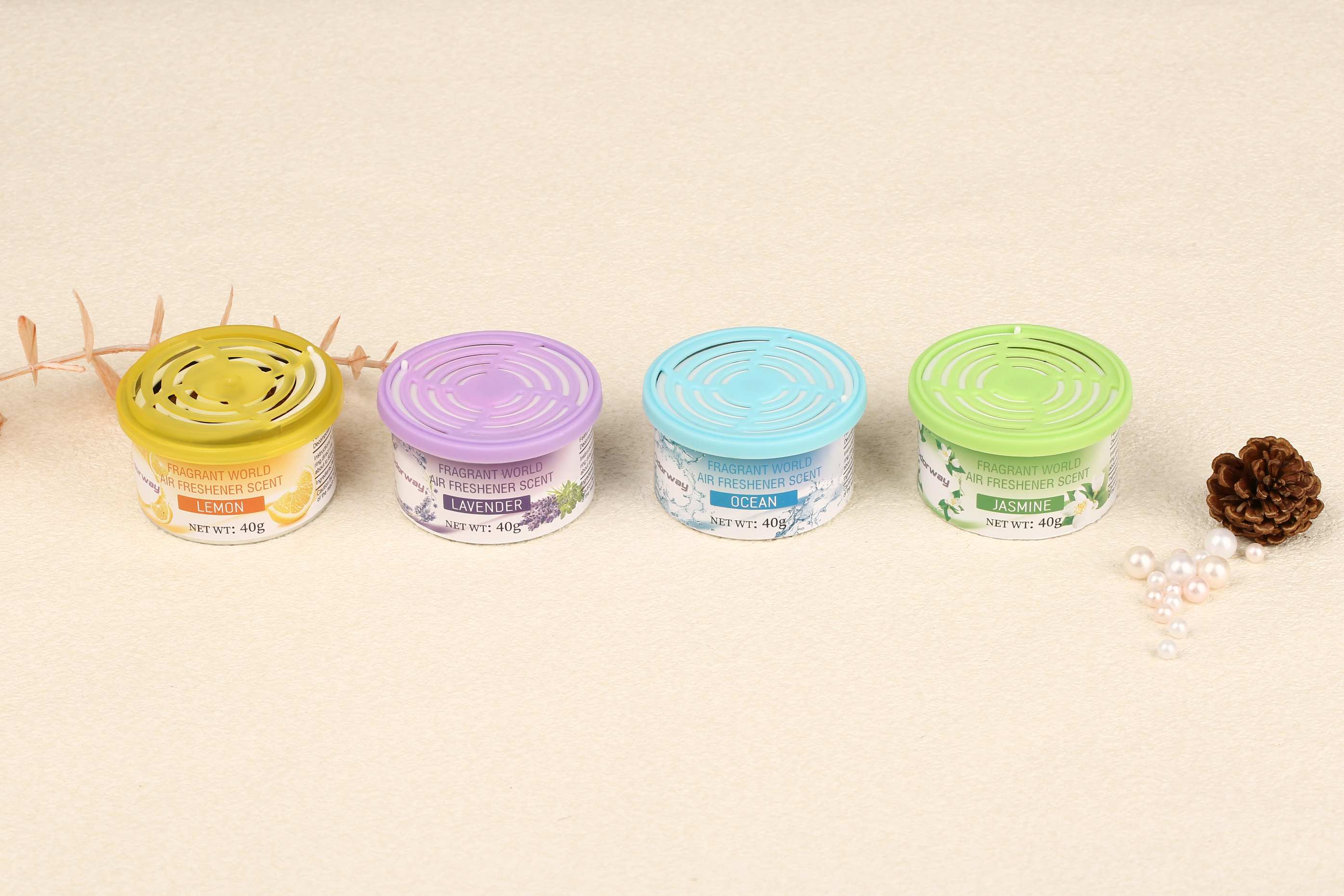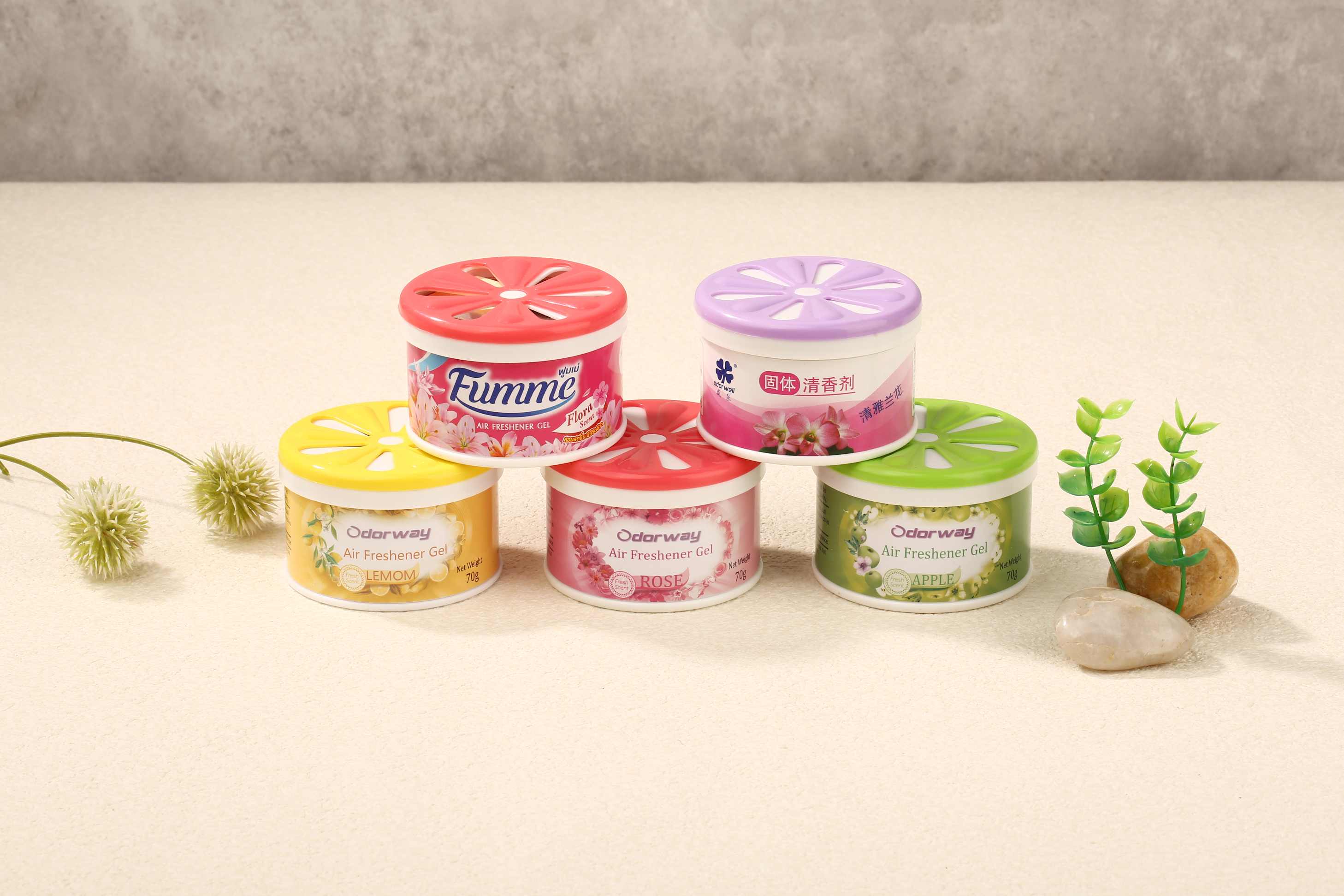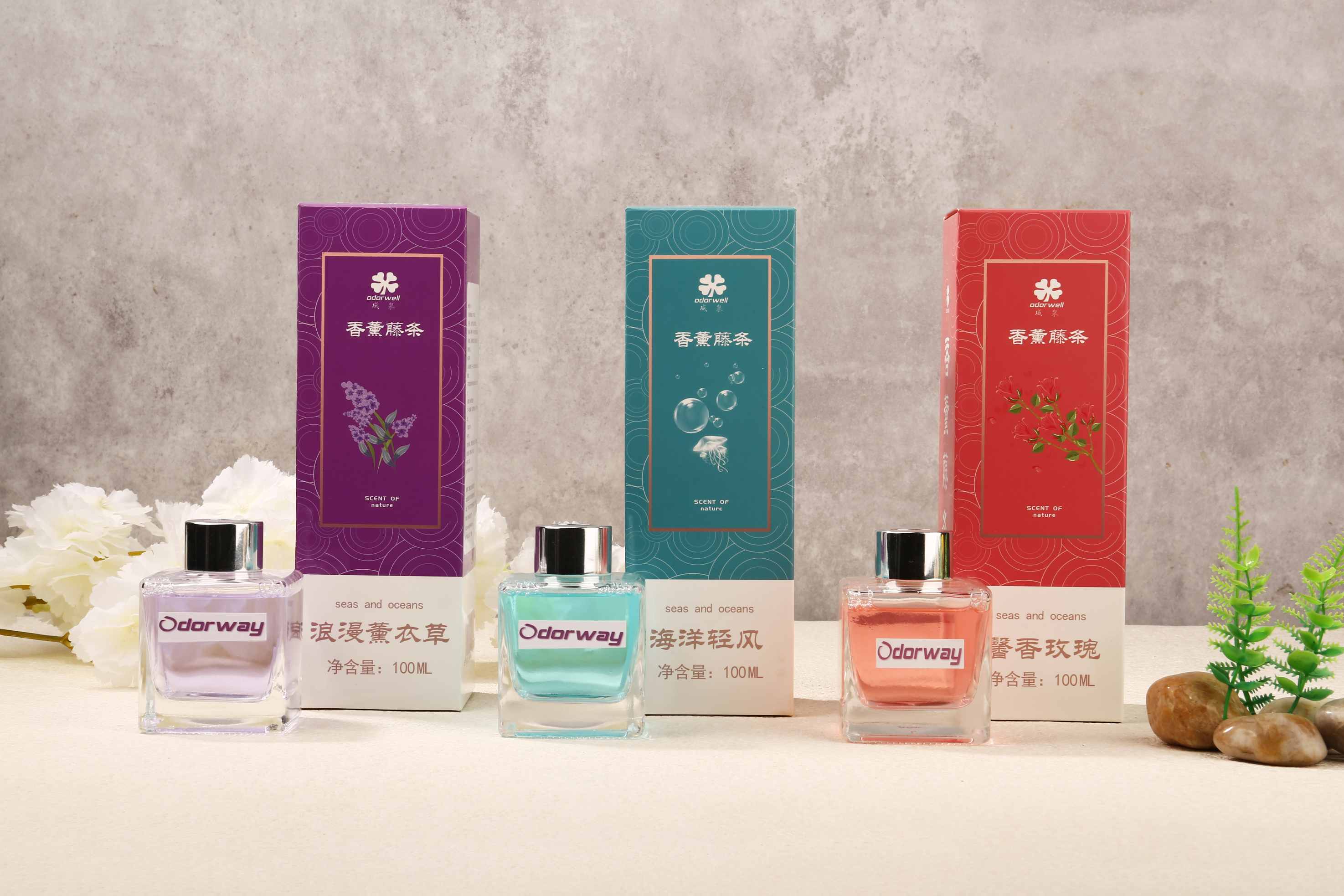Hotels and motels represent a home away from home, and their success in generating return traffic depends on how well they convey a particular experience.
Even a gold toilet bowl or silk towels won't evoke the luxury of a hotel bathroom if the accompanying scent doesn't complement it.
Smell is the key to open the door of human emotion and memory.
Top luxury hotel chains as well as moderately priced motels rely on fragrance to build their brand and influence customer perceptions.
Carefully selected scents trigger an emotional response, creating a subliminal connection between a smell and a place.
For every hotel or motel space, there must be an odor target if aroma is to have an impact on the guests who experience it.
motel lobby scent
For example, the lobby is where the first impression is made and becomes permanently integrated into the overall guest experience.
To be effective, the fragrance chosen should serve a dual purpose: namely, to enhance the hotel or motel's brand as well as the guest's experience.
The fragrance must also complement the design and decor of the hotel or motel.
You never get a second chance to make a first impression
As a hotel service provider, the strategic layout of Aroma in a hotel or motel determines the success or failure of the hotel or motel.
That said, associating a brand with a unique scent is not an easy task.
Fragrances in hotels and motels have become so closely associated with the visitor experience that many of them have become their own fragrance lines.
Fragrance in the hotel environment
Signature scents in lobbies and other common areas such as elevator areas, hallways, foyers, public restrooms and locker rooms are becoming increasingly popular. Two notable examples are the Jade and Quin hotels in New York City.
The Jade is a subtle blend of rich woods, leather and tobacco. These elements are subtly blended with notes of bergamot, fresh herbs and clove.
Quin Hotel is known for its signature scents, characterized by clean crisp linen and spicy floral cashmere.
The human sense of smell is the second most influential after sight, and scent provides a bridge to memories that linger in the subconscious, only to be recalled at a later time, and promise to captivate the traveler Re-experience.
5 Benefits of Ambient Scents for the Hospitality Experience
Smell Creates a Positive First Impression for Travelers
First impressions are not just moments frozen in time, because their aftereffects can last indefinitely.
In the case of a hotel or motel, this aspect predefines the traveler's overall experience.
This is due to a phenomenon known as the primacy effect, which involves the strength of the first thing experienced in a particular sequence.
This happens because it is human nature to focus on introductory data and ignore what is presented later.
Fragrances Related to Travelers Vacations
s curated fragrances are etched into the traveler's mind, creating positive memories associated with the place where the fragrance was first experienced.
When traveling during the holiday season, scents of cinnamon, clove, pine and mint evoke memories of past holidays, instilling nostalgia in the traveler and subtly creating associations and loyalty to a hotel or motel brand.
Smell can have a positive impact on sales
Strategic placement of ambient odors in food and beverage areas of hotels and motels often influences consumer behavior, as food aromas enhance salivation and hunger.
In a retail store or other related business, scent can increase dwell time, elevate mood and enjoyment levels, and improve the overall quality of the service experience.
Fragrance linked to traveler satisfaction
This is especially true when it comes to domestic-related services.
This is because, while the room looked clean, it didn't feel as if it was, as the smell of the previous occupants still lingered in the air.
Housekeeping has to work hard to make sure the room smells before the guest opens the door.
Fragrances Offer Upsell Opportunities That Can Boost Sales
Always looking for ways to increase traffic and sales every time travelers cross the threshold, hotels and motels often employ the concept of upselling as part of their daily practice.
This requires learning how to persuade customers to buy something other than what they were prepared to buy without being obnoxious.
This requires subtlety. It can sell products with signature scents, such as soaps, shampoos, and even stationery that retains the hotel's unique scent.
While it might not work every time, it often does and can significantly boost overall sales.

